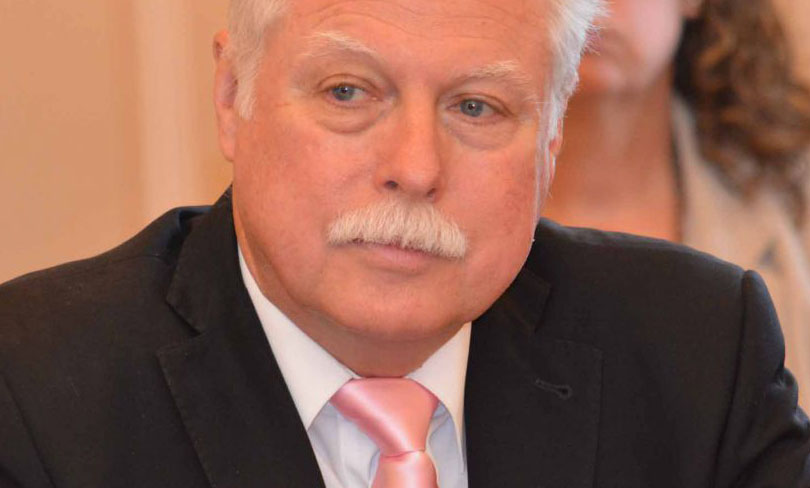(TRENTON) – To transition toward clean energy and to help reach the goal of 100 percent clean energy by 2050 in New Jersey, Assembly Democrats Robert Karabinchak (D-Middlesex) and Louis Greenwald (D-Burlington, Camden) sponsor legislation to procure renewable natural gas and associated renewable energy as infrastructure.
The bill (A-5655) would require the Board of Public Utilities (BPU) to allow gas companies to mix renewable natural gas with traditional natural gas, ultimately reducing greenhouse gas emissions. Renewable natural gas refers to a gas that is captured from the biological decomposition process or generated using renewable energy.
“Reducing greenhouse gas emissions and transitioning to sustainable clean energy is not an overnight project,” said Assemblyman Karabinchak. “Incorporating more renewable natural gas would allow our State to utilize our existing infrastructure systems and provide cleaner alternatives to protect our environment.”
Renewable natural gas can be produced from gas generated from waste biogas (collected from landfills, wastewater treatment plants, and agricultural waste) or it can be created directly by converting excess clean energy into hydrogen, methane, or other compounds that can be safely burned for heat. For facilities that cannot yet convert to electric heating, this measure would reduce emissions while giving facilities the time they need to convert to an electric energy grid.
“This bill is one of the many ways our state can transition to clean energy,” said Assemblyman Greenwald. “One of the most important ways to protect our environment is to reduce fossil fuel consumption. We have resources from biogases created from landfills and wastewater plants. It only makes sense to take advantage of the resources we have and transition toward cleaner alternatives.”
Under the bill, a gas public utility is allowed to use five percent of total incremental annual costs towards achieving the renewable natural gas portfolio targets. Additional spending beyond five percent must be approved by the BPU.
The measure now heads to the Speaker for further consideration.


